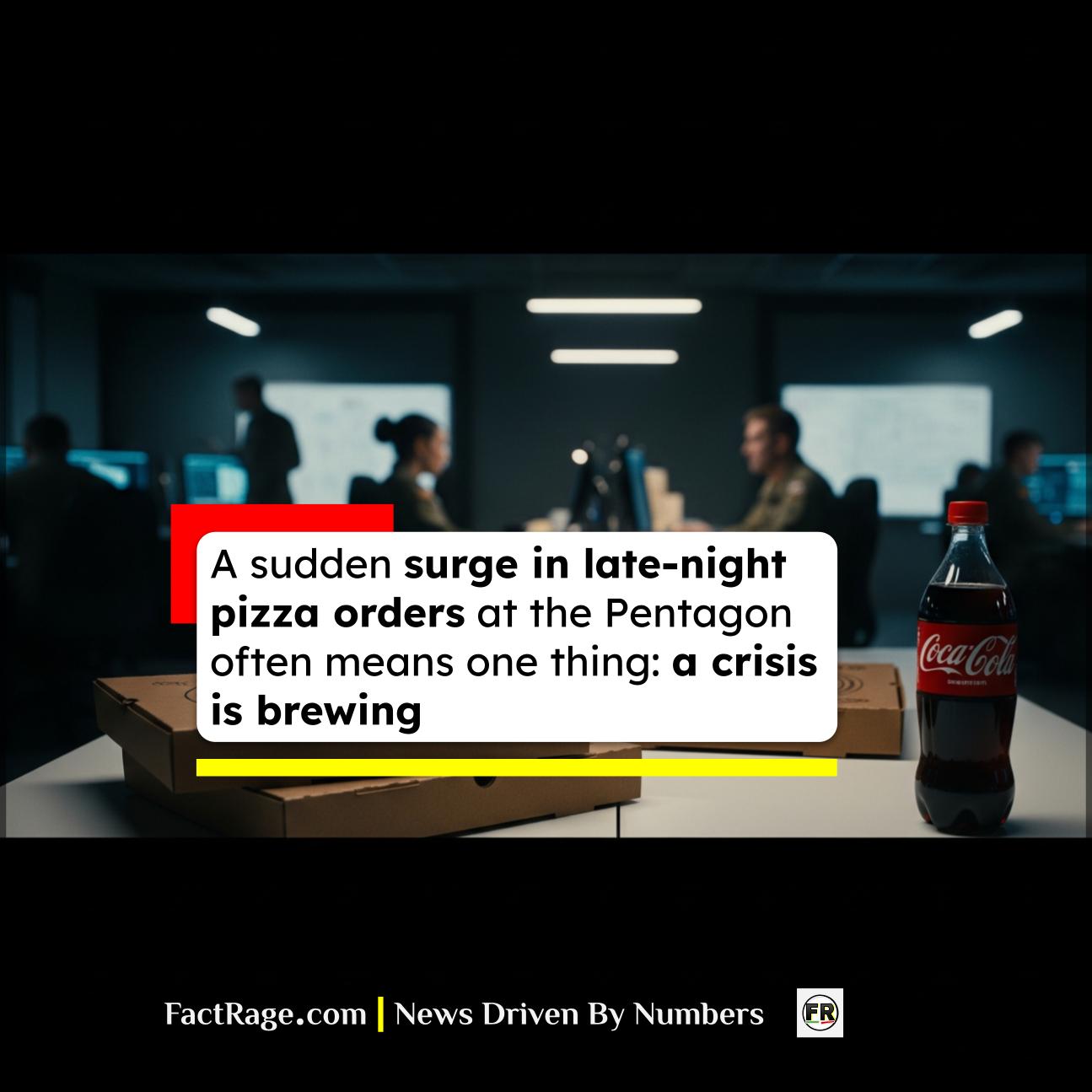OMAHA, Nebraska – Warren Buffett, the legendary investor and CEO of Berkshire Hathaway, announced at the company’s annual shareholder meeting on Saturday, May 3rd, 2025 that he will step down from his role by the end of the year. Greg Abel, the current vice-chairman of non-insurance operations, is set to succeed him, pending board approval. The announcement marks the end of an era for Berkshire Hathaway, which Buffett has led since 1965.
The announcement was made at the CHI Health Center in Omaha, Nebraska, in front of thousands of shareholders. Buffett, 94, stated that he had informed only his children of his decision prior to the meeting. The crowd responded with a standing ovation. Abel, 62, who was designated as Buffett’s successor in 2021, was present at the meeting. It remains unclear if Abel will also assume the role of Chairman.
In addition to the leadership transition, Buffett also addressed strong concerns about international trade policy. He cautioned against the use of tariffs as a tool of aggression, stating, “Trade should not be a weapon.” Buffett emphasized the importance of balanced trade for global prosperity and argued that policies that antagonize other nations ultimately harm the United States. “The more prosperous the rest of the world becomes…the more prosperous we’ll become, and with it, the safer we’ll feel, and your children will feel someday,” he said.
Buffett’s comments on trade come at a time of heightened global economic uncertainty, fueled by escalating trade tensions and the imposition of tariffs by numerous countries. Berkshire Hathaway itself acknowledged the potential negative impact of these policies. In its quarterly report, also released Saturday, the company stated that changes in international trade policies and tariffs may negatively affect its operating results and the value of its investments. Buffett’s departure marks a turning point for Berkshire Hathaway, while his warning on trade adds a powerful voice to the ongoing debate about global economic policy. The simultaneous occurrence of these events highlights the complex interplay between corporate leadership and the broader geopolitical landscape.














